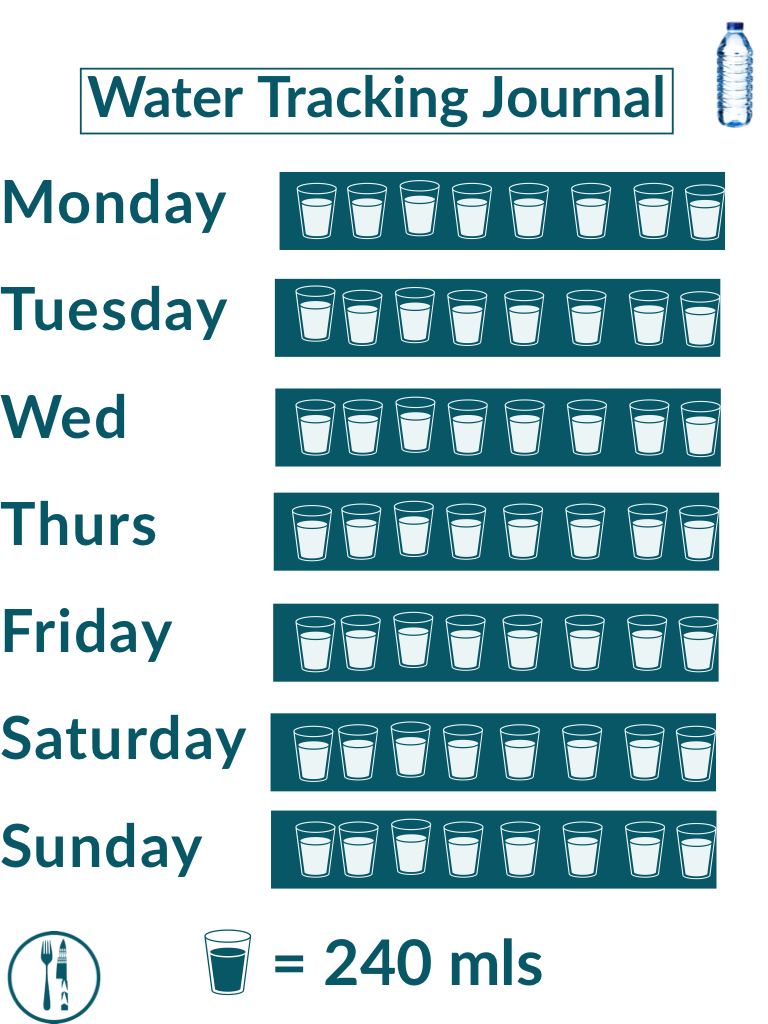Water is an essential component of our bodies, making up around 60% of our body weight. It plays a vital role in various bodily functions, including digestion, oxygen flow, temperature regulation, and keeping our joints and tissues lubricated. Despite its importance, many people do not consume enough of it daily.
Let’s delve into why hydration is crucial and how you can ensure you are drinking enough.

Why is Water Important?
1. Digestion:
Water aids in breaking down food so that your body can absorb nutrients. It also helps in the smooth movement of waste through the intestines, preventing constipation.
2. Oxygen Flow:
Water helps transport oxygen throughout the body. Proper hydration ensures that oxygen is efficiently delivered to your muscles and organs.
3. Temperature Regulation:
Sweating is your body’s natural way of cooling down, and water is essential for this process. Staying hydrated helps maintain a stable body temperature, especially during exercise or in hot weather.
4. Joint and Tissue Lubrication:
Water keeps your joints and tissues lubricated, reducing friction and cushioning them during movement. This is especially important for preventing injuries and maintaining mobility.
How Much Water Should You Drink?
The amount you need can vary based on your body weight, activity level, and the climate you live in. A general guideline is to drink between 0.5 to 1 ounce for every pound of body weight. For instance, if you weigh 150 pounds, you should aim to drink between 75 to 150 ounces (about 2 to 4 liters) a day.
For someone weighing around 94 kilograms (207 pounds), this translates to roughly 2 liters a day, but more may be needed depending on various factors.
Special Considerations for Athletes and Active Individuals
If you exercise regularly or live in a warm or humid environment, your needs will increase. Physical activity leads to water loss through sweat, so it’s crucial to replenish this loss to stay hydrated. Dehydration can lead to decreased performance, muscle cramps, and even heat-related illnesses.
Along with water, it’s important to replace the salts (electrolytes) lost through sweat. Consuming electrolyte-rich drinks or foods can help maintain the balance of fluids in your body and support muscle function.

How to Stay Hydrated
1. Drink Water First Thing in the Morning:
Kickstart your day by drinking a glass of water as soon as you wake up. This helps replenish fluids lost during the night.
2. Set Reminders:
Use your phone or a bottle with time markers to remind you to drink throughout the day.
3. Carry a Water Bottle:
Having a special bottle with you at all times makes it easier to drink it regularly.
4. Add Some Flavor:
If you find plain boring, try adding a slice of lemon, cucumber, or a splash of natural fruit juice to enhance the taste.
5. Drink When You Feel Hungry:
Sometimes, thirst is mistaken for hunger. If you feel hungry between meals, try drinking a glass of water first to see if the sensation subsides.
For a more in-depth understanding of hydration and its benefits, check out our video.



